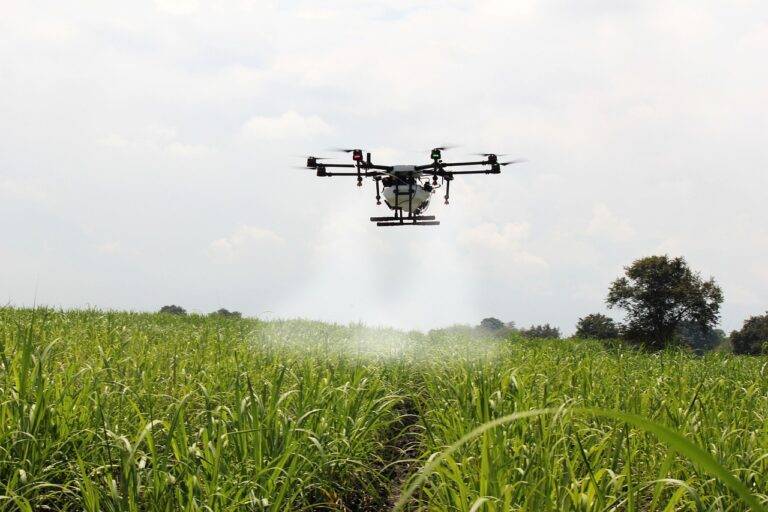The Future of Work: Gig Economy and Freelancing Trends
The Gig Economy presents unique challenges for workers, such as inconsistent income streams and lack of job security. Freelancers often struggle with finding a balance between work and personal life, as the boundary between the two becomes increasingly blurred. Additionally, navigating the tax implications and retirement planning can be complex and overwhelming for those in the gig economy.
On the other hand, the Gig Economy also offers numerous opportunities for individuals seeking flexibility and autonomy in their work. Freelancers have the ability to choose their projects and clients, allowing for a greater sense of control over their professional lives. Moreover, the gig economy provides opportunities for skill development and diversification, as workers engage in a variety of projects that can enhance their expertise and marketability in the long run.
• The Gig Economy presents unique challenges for workers, such as inconsistent income streams and lack of job security.
• Freelancers often struggle with finding a balance between work and personal life, as the boundary between the two becomes increasingly blurred.
• Navigating the tax implications and retirement planning can be complex and overwhelming for those in the gig economy.
• On the other hand, the Gig Economy also offers numerous opportunities for individuals seeking flexibility and autonomy in their work.
• Freelancers have the ability to choose their projects and clients, allowing for a greater sense of control over their professional lives.
• The gig economy provides opportunities for skill development and diversification, as workers engage in a variety of projects that can enhance their expertise.
The Rise of Remote Work and Digital Nomadism
Remote work and digital nomadism have experienced a significant surge in popularity over the past few years, fueled by advancements in technology and shifting attitudes towards work-life balance. More and more companies are recognizing the benefits of allowing their employees to work remotely, leading to a rise in telecommuting arrangements and flexible work policies. This shift has enabled individuals to work from anywhere in the world, breaking free from the constraints of traditional office settings.
Digital nomadism, in particular, has gained traction among those seeking a more mobile lifestyle, allowing individuals to travel while still maintaining their careers. With the rise of coworking spaces and remote work-friendly destinations, digital nomads are able to enjoy the freedom and flexibility of working on their terms. This trend has opened up new possibilities for professionals to explore different cultures, build international networks, and achieve a better work-life balance.
Impact of Automation and AI on Freelancing
As automation and AI technology continue to advance, the landscape of freelancing is undergoing significant changes. Tasks that were previously done manually are now being automated, leading to increased efficiency and productivity in various industries. Freelancers need to adapt to this shift by upskilling and diversifying their services to remain competitive in the gig economy.
While automation may streamline certain aspects of freelancing, there is also a concern about job displacement. As AI systems become more sophisticated, there is a potential for some freelance roles to be replaced by automation. Freelancers will need to stay abreast of emerging technologies and trends to ensure they remain relevant and valuable in an ever-evolving market.
What are some of the challenges faced by freelancers in the gig economy?
Some challenges faced by freelancers in the gig economy include inconsistent income, lack of job security, and difficulty in finding clients.
How has remote work and digital nomadism changed the freelancing landscape?
Remote work and digital nomadism have allowed freelancers to work from anywhere in the world, providing more flexibility and freedom in their work arrangements.
How is automation and AI impacting freelancing?
Automation and AI are changing the way freelancers work by automating repetitive tasks, increasing efficiency, and creating new opportunities in industries such as digital marketing and content creation.





